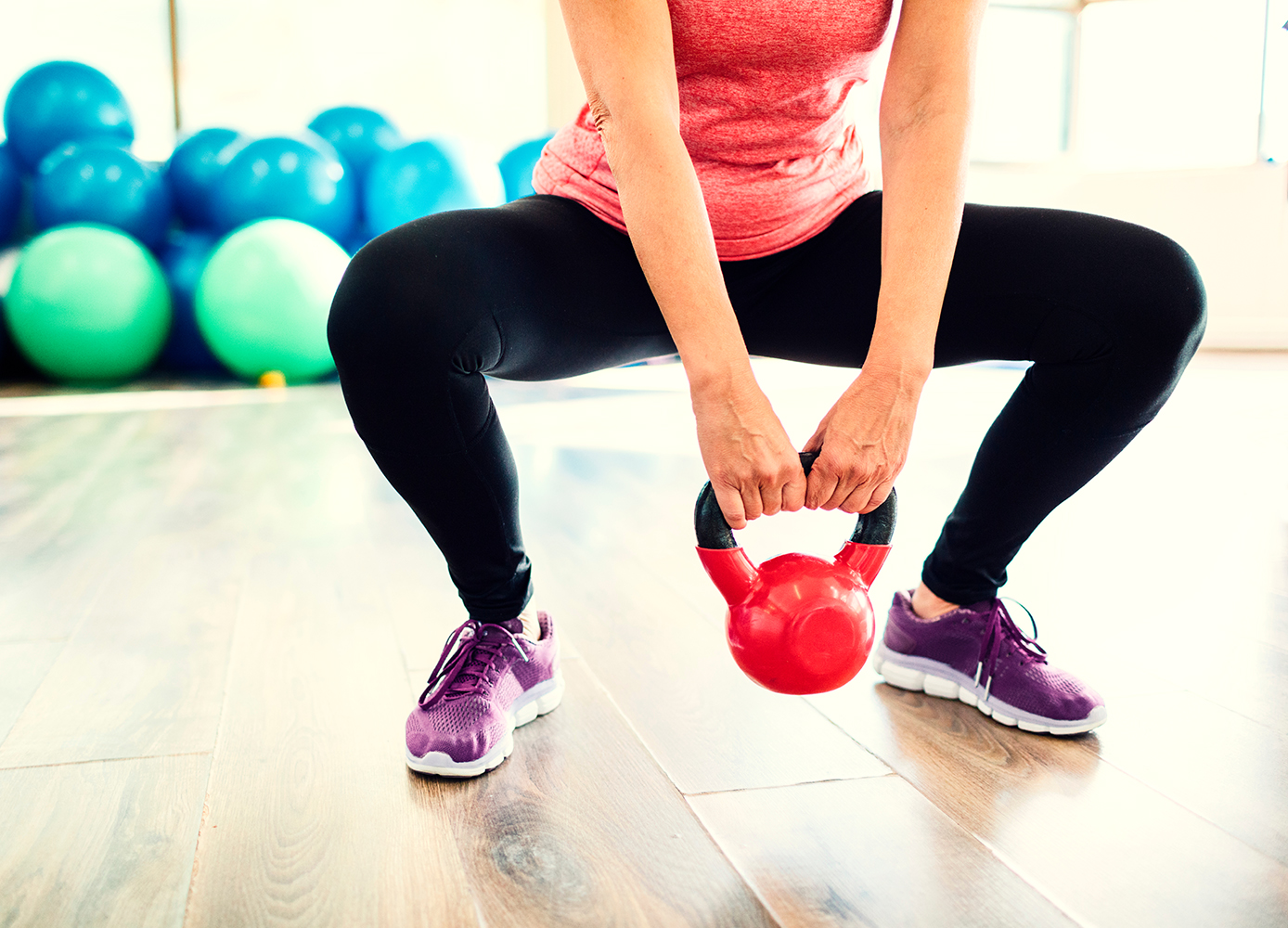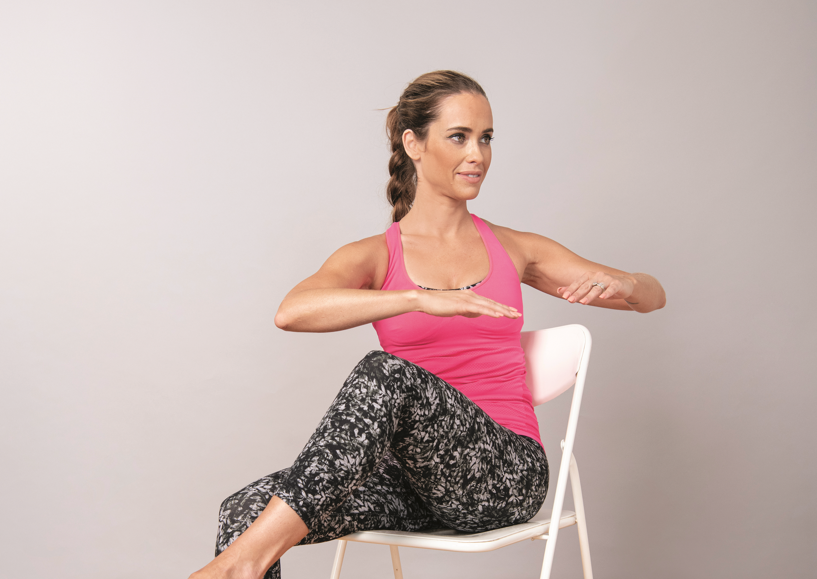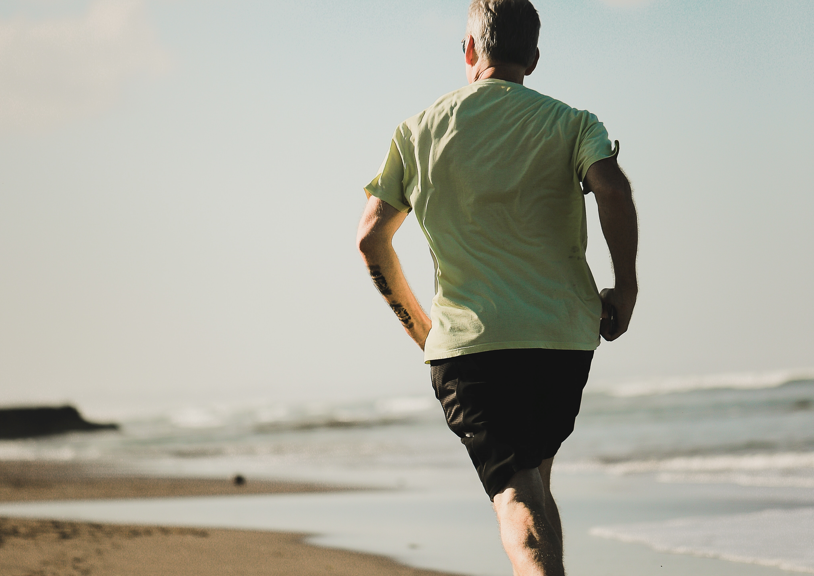A new study suggests that high-intensity workouts won’t add years to your life
By Caitlin Finlay
We all know that we need to exercise. Physical activity is important for people of all ages to maintain and improve health, and research has shown that active people are at a lower risk for premature death. Does that mean that you harder you train, the greater the benefit? Not according to recently released study results.
A new study published in The BMJ looked at the effect of exercise intensity on health and mortality in older adults over the span of five years. The study involved 1,567 participants (790 women and 777 men) between the ages of 70 and 77 years from Trondheim, Norway. The participants were split into three groups: a control group who were told to follow Norway’s national guideline for physical activity (780 participants), a moderate-intensity continuous training group (MICT; 387 participants), and a high-intensity interval training group (HIIT; 400 participants).
The control group’s workouts were based on the 2012 guideline for physical activity, which recommended 30 minutes of moderate-intensity exercise almost every day. The MICT and HIIT groups were asked to do five moderate intensity exercise sessions a week, with two of those sessions having specific workouts for each of the groups. The MICT group had two of the five sessions dedicated to MICT sessions which were defined as “50 minutes of continuous work at about 70% of peak heart rate.” The HIIT group had two of the five weekly sessions dedicated to HIIT sessions which were defined as a “10 minute warm-up followed by 4×4 minute intervals at about 90% of peak heart rate.”
At the end of the five years, the researchers found no differences in the incidence of cancer or cardiovascular disease in the control, MICT, and HIIT groups. They also saw no significant difference in all cause mortality among the three groups.
“This study suggests that combined MICT and HIIT has no effect on all cause mortality compared with recommended physical activity levels,” the researchers reported.
Photo: iStock/vgajic.






